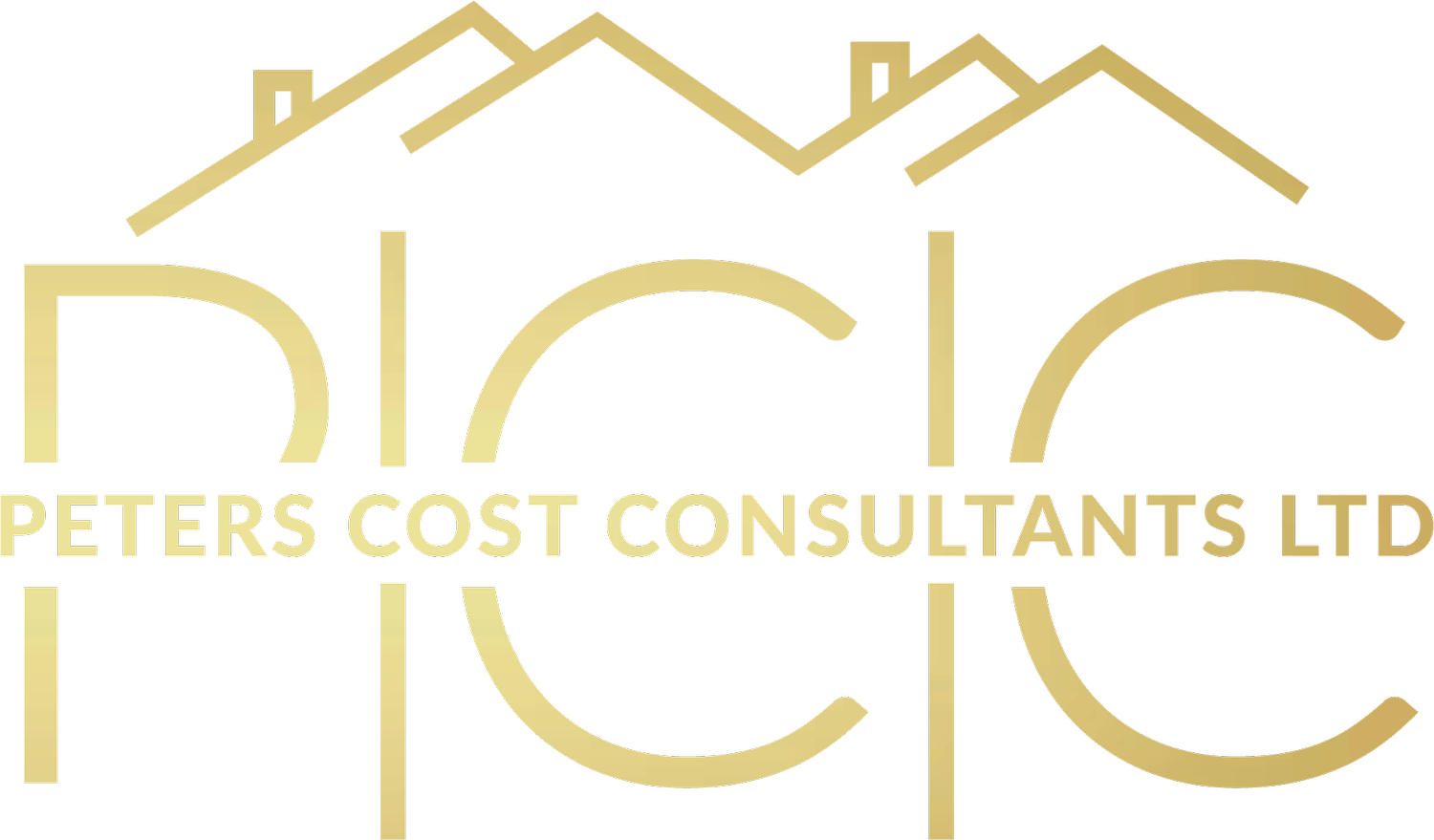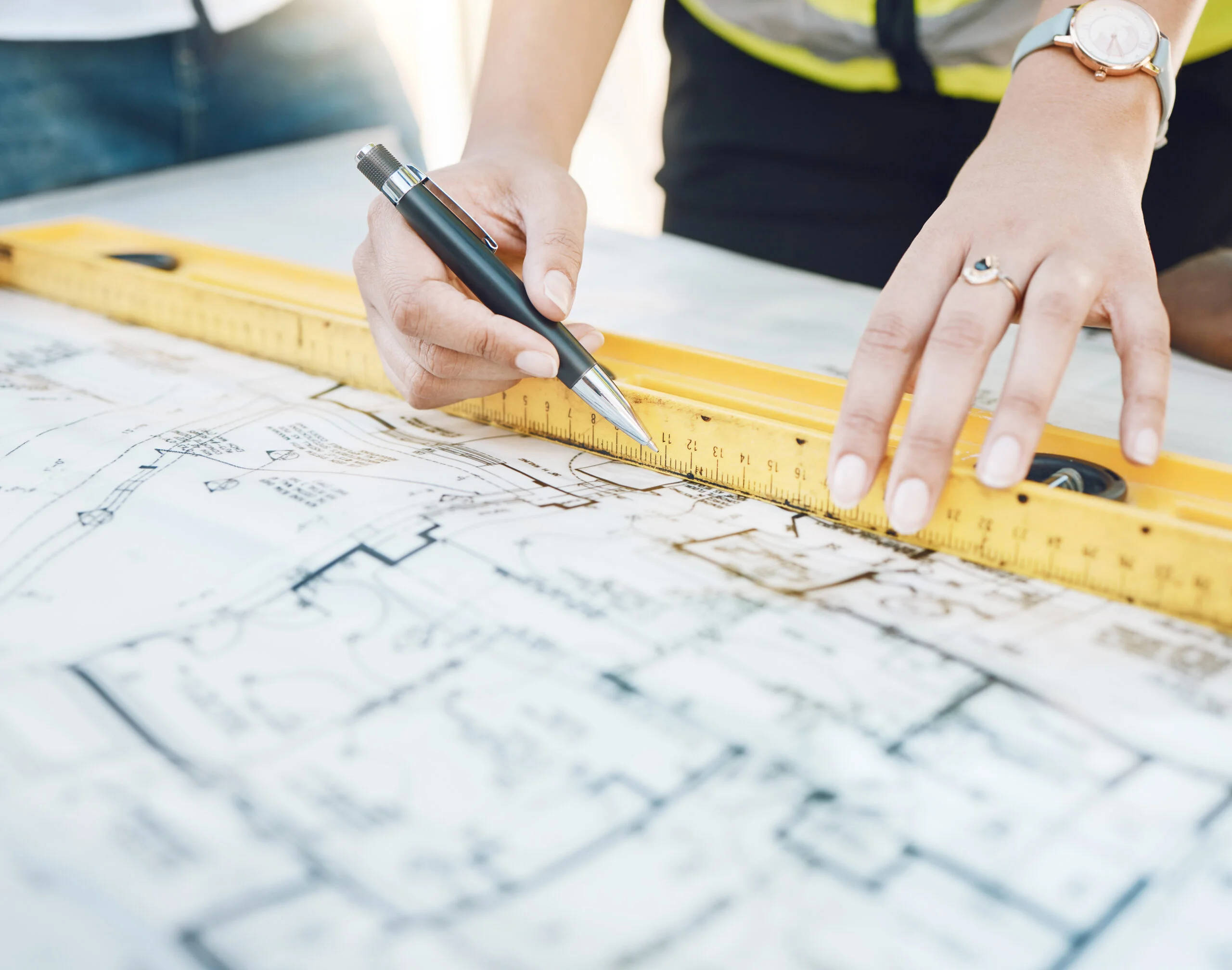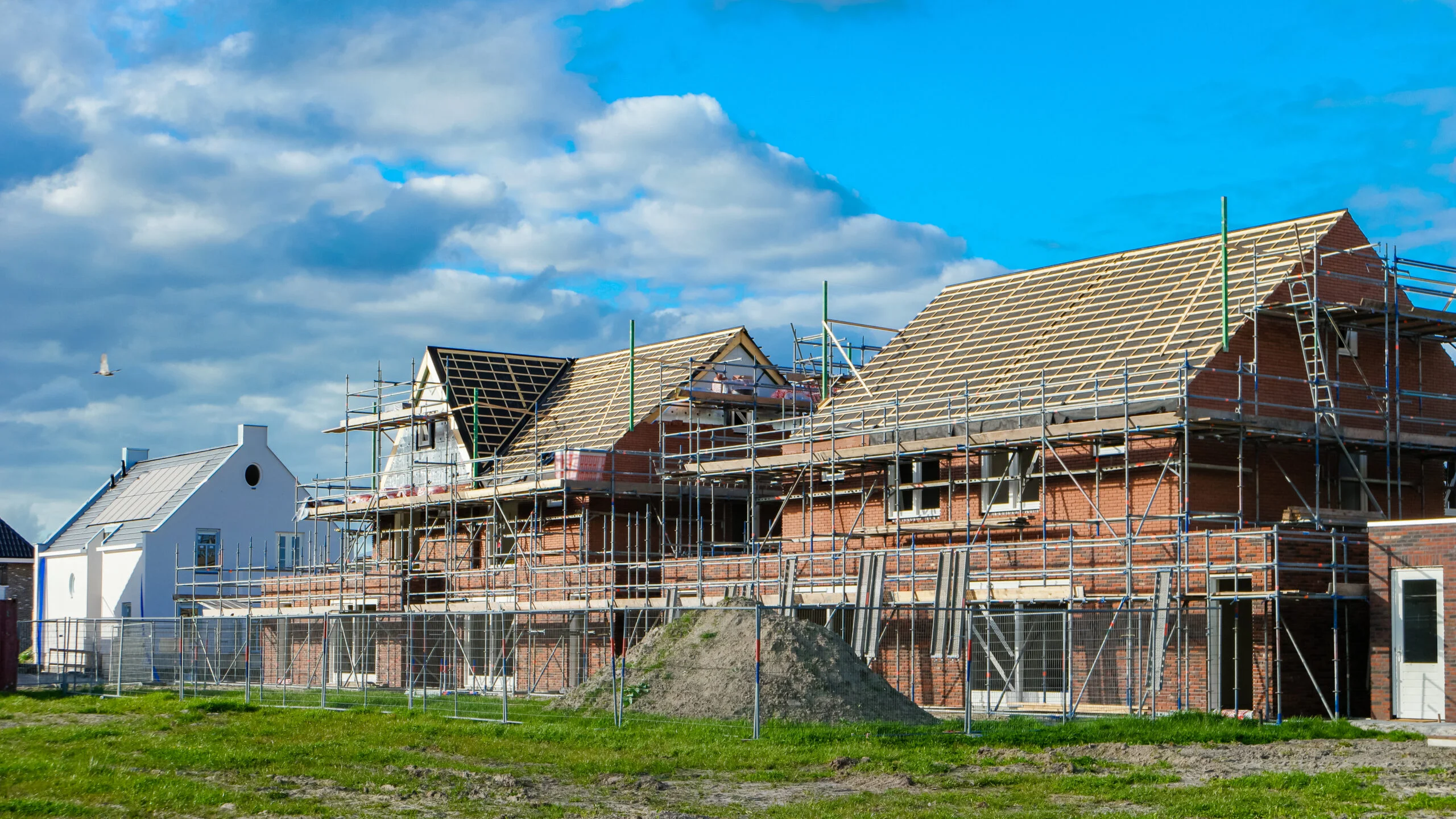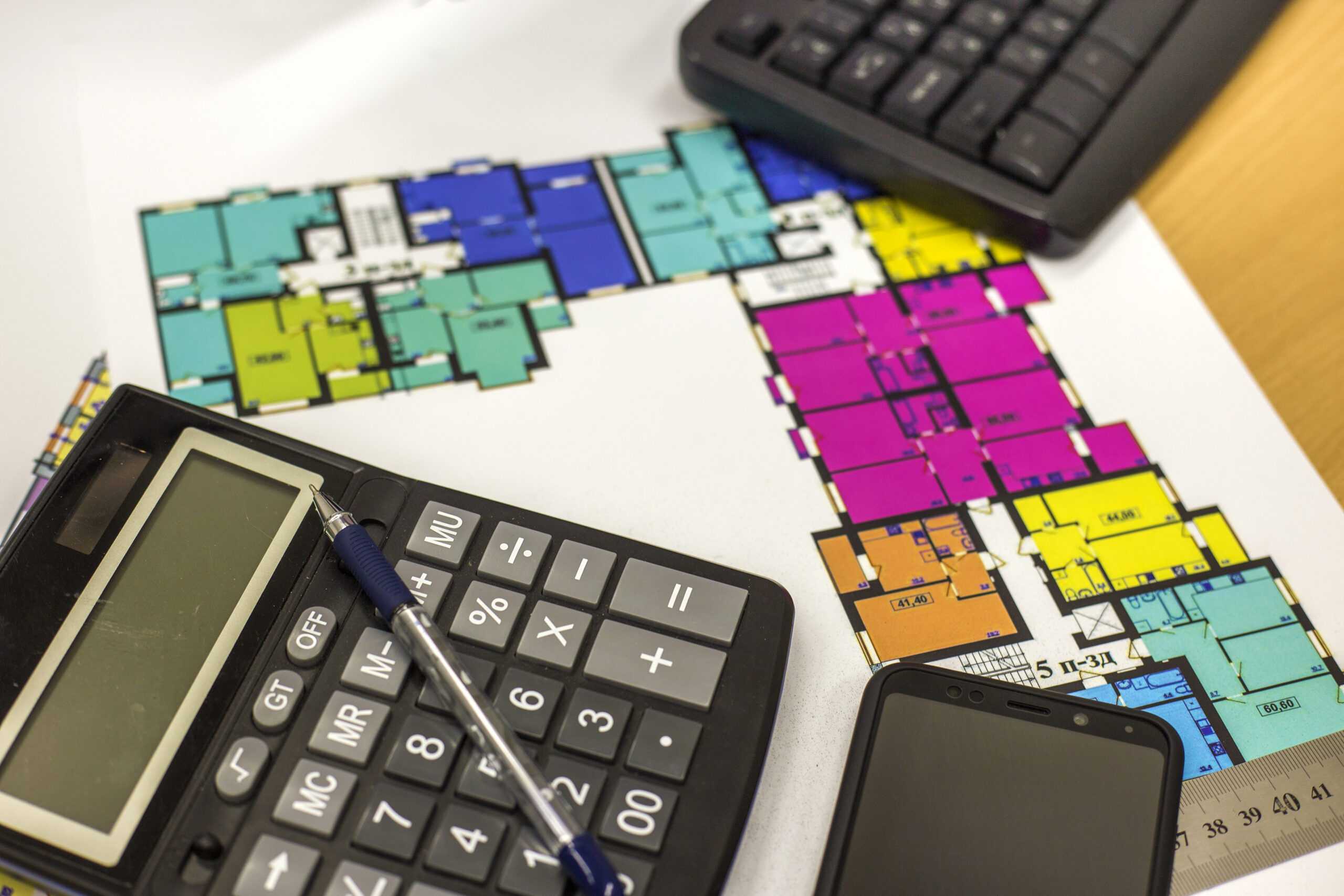Construction material procurement is the process of sourcing and acquiring the materials required for a construction project. It involves everything from selecting the right suppliers to managing costs and ensuring timely delivery. This process is essential for keeping construction projects on track and within budget.
For any construction project, whether residential, commercial, or industrial, material procurement plays a critical role in its success. Without the right materials, at the right price, and delivered on time, projects can face delays, increased costs, and poor-quality results. A well-executed procurement process helps mitigate these risks by ensuring that the necessary materials are available when needed, in the right quantities, and meet quality standards.
A landscape surveyor in Portchester or project manager might spend a lot of time planning out designs, but no project can move forward without materials. From cement and steel to timber and plumbing fixtures, sourcing these materials efficiently and effectively is key to a smooth-running project. Construction material procurement ensures the quality and availability of these materials while managing costs and minimising waste.
However, procurement is not just about getting materials; it’s about doing it correctly. Mistakes in procurement can be expensive, leading to poor decision-making, delays, and legal issues. That’s why understanding construction material procurement is crucial for investors and developers looking to ensure the success of their projects. In this article, we’ll explore how to avoid common mistakes in procurement and ensure materials are delivered on time, keeping your project moving forward without costly disruptions.
The Procurement Process In Construction: Step-By-Step
The procurement process in construction is a crucial phase that directly impacts the timeline, cost, and overall success of a project. It involves a series of steps, each aimed at ensuring the right materials are sourced, delivered on time, and meet the necessary quality standards. Below is a simple, step-by-step overview of the construction material procurement process, designed to help investors, developers, and builders understand its importance and execute it effectively.
1. Identify Material Requirements
The first step in the procurement process is to clearly identify and define the materials needed for the project. This involves reviewing the project’s drawings, specifications, and scope of work. The quantity surveyor or project manager will work closely with the design team to determine the types and amounts of materials required, ensuring that all specifications are met. Accurate material identification is vital to prevent delays or shortages during construction.
2. Research and Select Suppliers
Once the material requirements are established, the next step is to source suppliers who can provide the materials at the right price and quality. This stage involves market research to identify reliable, cost-effective suppliers in the area. Supplier selection is critical, as it affects both cost control and the overall quality of the project. A Portchester quantity surveyor may assist with gathering quotes, assessing supplier credibility, and selecting the best options for the project.
3. Negotiate Terms and Contracts
Once suppliers are identified, contracts need to be negotiated. This includes pricing, delivery schedules, payment terms, and warranties. Proper contract negotiation helps secure the best deals while ensuring that materials will arrive on time and meet the required specifications. Clear contracts also help prevent misunderstandings or disputes later on. It’s essential to include contingency plans for any potential delays or issues.
4. Place Orders and Manage Deliveries
After contracts are agreed upon, the materials are ordered. It’s essential to keep track of all orders and manage delivery schedules effectively. A well-organised procurement system ensures that materials are delivered in the correct sequence and on time. Early procurement, especially for materials with long lead times, helps to prevent project delays. Proper communication with suppliers is key to ensuring deliveries align with the project’s timeline.
5. Inspect and Quality Check Materials
Upon delivery, materials should be inspected to ensure they meet the agreed-upon specifications and are free from damage. A quantity surveyor or project manager should verify that the quality of the materials matches what was promised in the contract. This step ensures that poor-quality materials do not compromise the construction process.
6. Monitor and Manage Costs
The final step involves ongoing monitoring of costs throughout the procurement process. Keeping track of material prices, unexpected costs, and changes in supplier charges is essential. A landscape surveyor in Portchester can help ensure that financial records are kept up to date and that the project stays within budget, adjusting procurement strategies as necessary.
By following these steps, procurement of construction materials becomes a structured process that helps prevent costly mistakes, ensures timely delivery, and contributes to the overall success of the project.
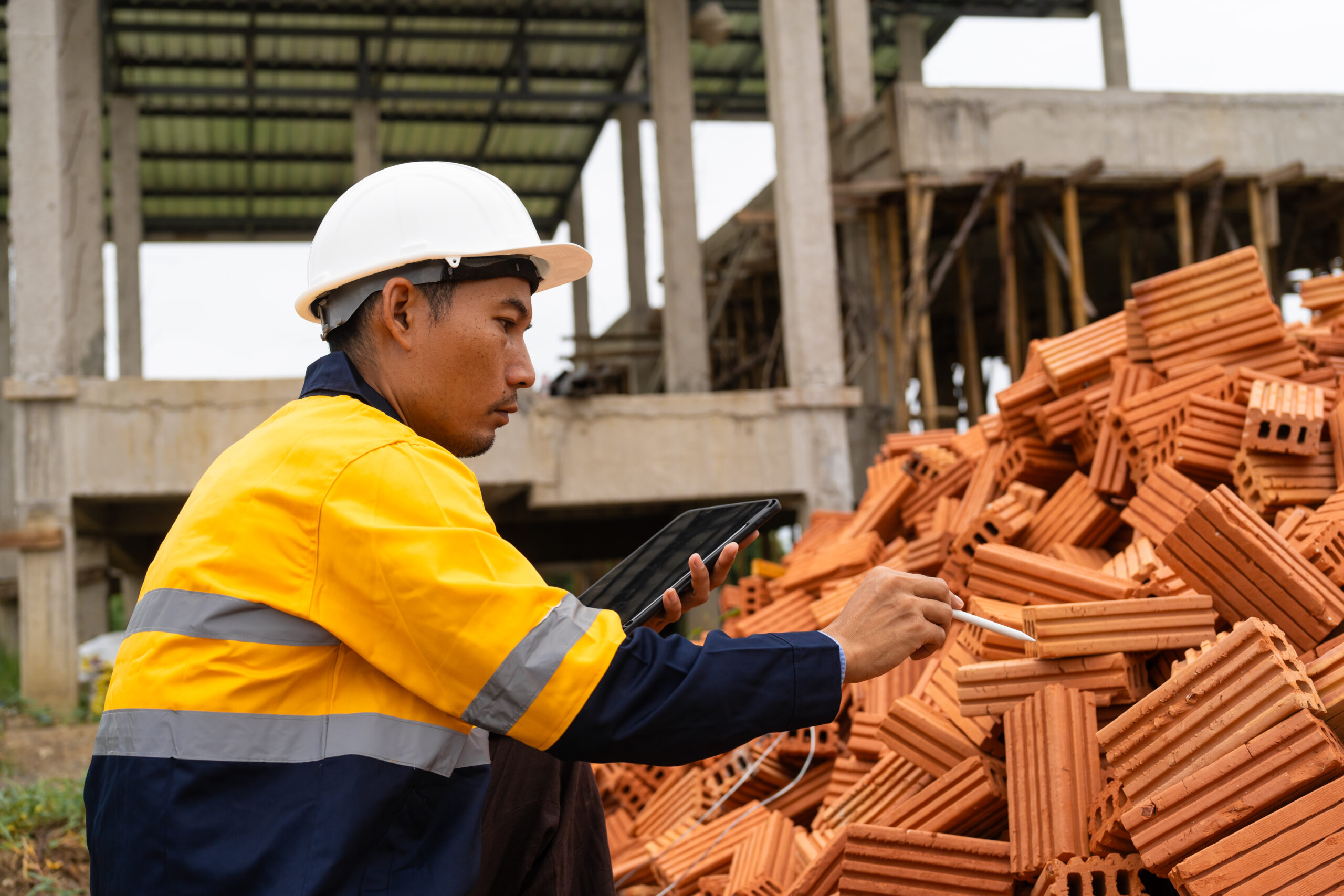
Common Mistakes In Construction Material Procurement And How To Avoid Them
Even with careful planning, constructing materials procurement can go wrong. Making mistakes in procurement can result in budget overruns, delays, or poor-quality materials that affect the entire project. Understanding the most common procurement mistakes can help investors, builders, and developers avoid these pitfalls and ensure smooth project execution. Here are some of the key mistakes and tips on how to avoid them:
1. Underestimating Material Quantities
One of the most common mistakes is failing to accurately estimate how much material is needed. Ordering too little can lead to shortages, causing delays as additional deliveries are arranged. On the other hand, ordering too much can result in wasted resources and unnecessary costs. To avoid this mistake, always double-check the quantities needed, and consider working with a quantity surveyor in Portchester to ensure accurate calculations. Using reliable software or tools to track material quantities can help prevent this mistake.
2. Choosing the Cheapest Option Without Considering Quality
Many construction projects fall into the trap of selecting the cheapest materials to reduce costs. However, choosing low-quality materials often results in future repairs or replacements, which end up being far more expensive than the initial savings. It’s essential to strike a balance between cost and quality. Construction material procurement should always consider the long-term performance of the materials. A good procurement strategy involves selecting materials that offer the best value over their lifecycle rather than simply opting for the lowest price.
3. Delayed Ordering of Materials
Another mistake is waiting too long to order materials, especially those with long lead times. Delaying procurement can cause significant delays to the project, as materials may not arrive on time, or alternative suppliers may not be available. To avoid this issue, ensure that materials with long delivery times are ordered early. Working with trusted suppliers and having a clear understanding of delivery schedules will help keep the project on track.
4. Lack of Supplier Diversification
Relying on a single supplier for all materials can lead to problems if that supplier experiences delays or issues with their stock. If the supplier fails to deliver on time, it can disrupt the entire project. To avoid this, it’s a good idea to have alternative suppliers in place. Diversifying suppliers reduces the risk of delays and allows flexibility if one supplier is unable to fulfil their part of the contract.
5. Ignoring Changes in Market Prices
Material prices can fluctuate due to various factors like demand, supply chain disruptions, or economic shifts. Ignoring these changes can lead to unexpected cost increases. A landscape surveyor in Portchester or quantity surveyor can help monitor market prices and adjust procurement strategies accordingly. Staying informed about current prices allows for better financial planning and can prevent budget overruns.
6. Inadequate Quality Control Checks
Once materials arrive at the site, it’s essential to check their quality. Accepting damaged or substandard materials can lead to further issues down the line, including structural problems or the need for replacements. Always inspect materials upon delivery and ensure they meet the specifications agreed upon with the supplier. A landscape surveyor or project manager should conduct these checks to prevent future complications.
By avoiding these common mistakes in construction material procurement, you can ensure that your project stays on track, on budget, and is completed to the highest standards. A proactive approach to procurement, backed by accurate planning and supplier management, is key to achieving successful results in construction projects.
How Effective Construction Material Procurement Ensures Early Delivery
Effective procurement of construction materials plays a significant role in ensuring that construction projects are completed on time and within budget. By managing the procurement process properly, it is possible to avoid delays, streamline operations, and make sure materials are available when needed. Here’s how efficient procurement helps ensure early delivery of your construction projects.
1. Accurate Planning and Forecasting
One of the key ways procurement helps ensure timely delivery is through accurate planning. A well-organised procurement strategy includes forecasting material needs well ahead of time, ensuring that suppliers are aware of what is required and when. This helps to prevent last-minute rushes to source materials, which can cause delays. By accurately predicting the materials required for each phase of the project, procurement teams can ensure that orders are placed early and avoid the risk of running out of stock at critical moments.
2. Early Sourcing of Long-Lead Items
Some materials, especially those that are custom-made or imported, can have long lead times for delivery. These materials should be identified early in the project so that orders can be placed in advance. For example, specialised steel, bespoke glass, or custom fixtures can take weeks or months to arrive. A well-executed construction material procurement strategy ensures that these long-lead items are ordered early, allowing the project to continue without delays caused by waiting for crucial materials.
3. Supplier Relationships and Negotiation
Building good relationships with suppliers is crucial in ensuring timely delivery. A landscape surveyor in Portchester or project manager working on procurement can negotiate favourable terms, such as early delivery guarantees or priority service. By developing strong ties with reliable suppliers, a project is more likely to receive materials on time, even when there are supply chain challenges. Additionally, early communication and clear contracts with suppliers allow for smoother coordination throughout the construction process.
4. Reducing the Risk of Costly Delays
When procurement is rushed, it often leads to mistakes such as ordering incorrect quantities or unsuitable materials. These errors can delay the project while new materials are sourced or rework is completed. An effective procurement process involves checking and double-checking every order to ensure that everything is correct. By eliminating errors early, the project avoids costly disruptions that can lead to delays.
5. Streamlined Logistics and Delivery Scheduling
An effective procurement process involves carefully planning and managing the logistics of material delivery. A well-organised system ensures that materials arrive just when they are needed, keeping the project moving forward without waiting for late shipments. By coordinating with suppliers and delivery teams in advance, procurement professionals ensure that materials are delivered to the site on time and in the right sequence, so there are no holdups when it comes time to use them.
6. Real-Time Adjustments
No project runs exactly as planned, and sometimes unforeseen issues arise that can delay delivery. Whether it’s a change in design or a delay from a supplier, effective procurement allows for flexibility and real-time adjustments. If materials are delayed or a change is needed, procurement teams can work quickly to find alternatives or re-schedule deliveries, ensuring that the project doesn’t come to a standstill.
Effective construction material procurement is vital to ensuring that projects are delivered on time. By planning ahead, managing supplier relationships, and making adjustments when needed, procurement professionals can reduce delays and keep the project on track, ensuring timely completion. This helps investors and builders stay within budget, avoid costly mistakes, and ultimately achieve early delivery.
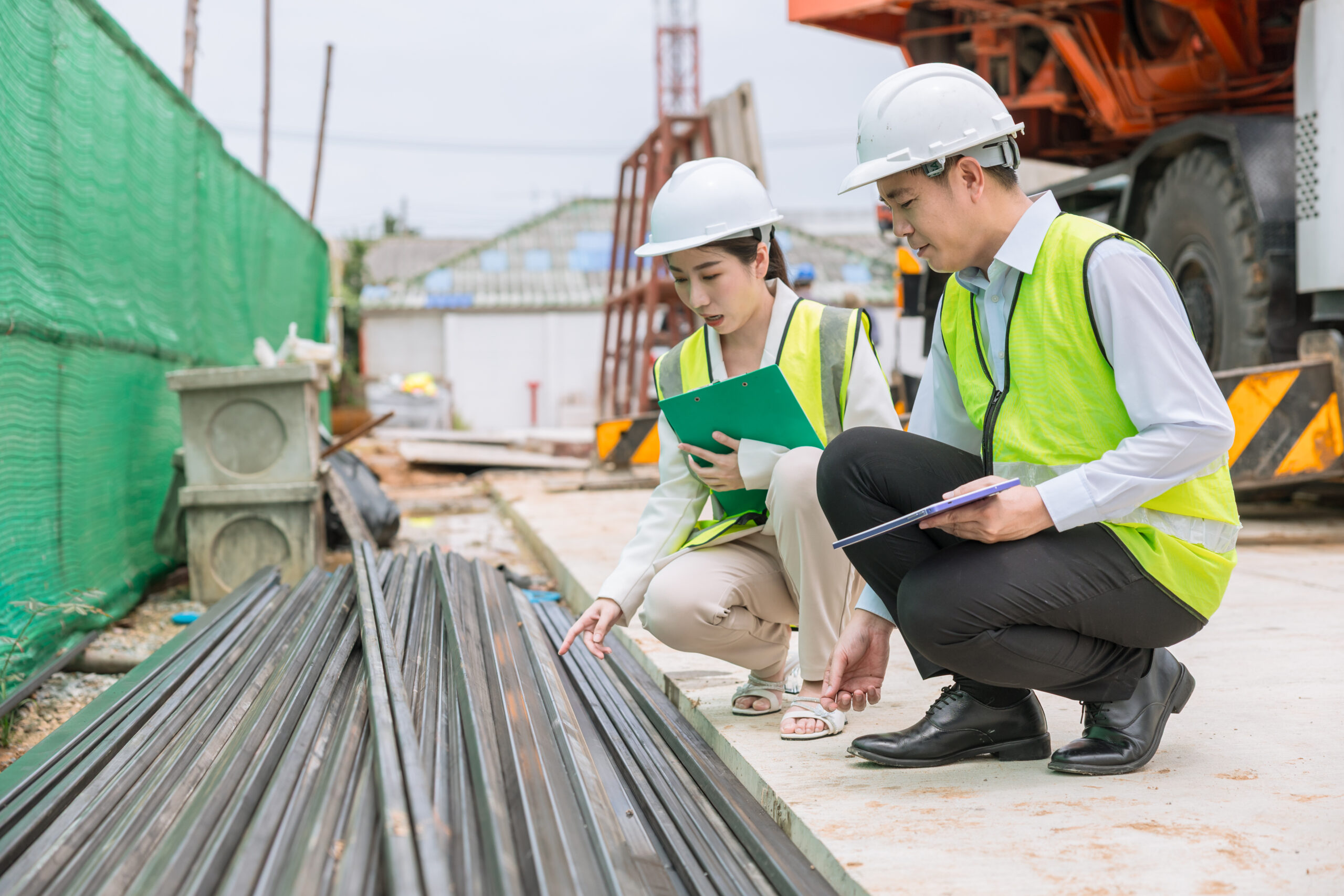
Best Practices For Construction Materials Procurement: What You Need to Know
Effective construction materials procurement is a vital component in the success of any building project. Implementing best practices in procurement helps keep your project on track, reduces costs, and ensures the materials used meet the required standards. Below are the best practices every project manager or investor should follow to streamline the procurement process and ensure a smooth construction journey.
1. Early Planning and Accurate Material Estimation
The foundation of successful material procurement is accurate planning. This begins with identifying all the materials needed for the project and accurately estimating the quantities required. A Portchester quantity surveyor or project manager should work closely with the design team to ensure that all materials are specified clearly and quantities are accurately calculated. Planning ahead for both materials and their delivery schedules ensures that you won’t be caught off guard by shortages or delays.
2. Building Strong Supplier Relationships
A key best practice is establishing good relationships with trusted suppliers. Regular communication and a collaborative approach with suppliers can result in more reliable service, better pricing, and flexibility in delivery. Cultivating these relationships allows for priority service during times of high demand or unexpected issues. It also helps secure the best prices, especially when purchasing in bulk or negotiating long-term contracts.
3. Use Technology to Streamline Procurement
Implementing technology into your procurement process can significantly improve efficiency. Tools like procurement software or project management systems help track orders, monitor stock levels, and generate real-time updates on delivery schedules. These tools also enable better communication between teams and suppliers, making the process more transparent and organised. By reducing paperwork and automating tasks, technology allows procurement to run smoothly, saving both time and money.
4. Prioritising Quality Over Price
While it’s tempting to choose the cheapest option, focusing on quality over price is essential for long-term value. Substandard materials can lead to costly repairs, delays, and even safety concerns down the line. A good landscape surveyor in Portchester or procurement specialist should always recommend materials that provide the best balance between cost and durability. High-quality materials may cost more upfront, but they save money in maintenance and reduce the risk of project delays due to material failures.
5. Keep Contingency Plans in Place
Construction projects are rarely predictable, and materials may be delayed or unavailable due to unforeseen circumstances. To protect against these issues, it’s crucial to have contingency plans in place. Always account for potential shortages or delays by ordering materials early and maintaining a small buffer stock. This ensures that the project continues without disruptions and that you are not left scrambling to find alternative suppliers.
6. Monitor and Track Material Usage
Once materials are ordered and delivered, it’s important to closely monitor their usage to prevent waste. Keeping track of inventory and using the materials as efficiently as possible ensures that you stay within budget. Regular checks should be carried out to ensure that materials are being used as planned and not wasted.
By following these best practices for construction material procurement, you can ensure your project is completed on time, within budget, and with the highest quality standards. Proper planning, strong supplier relationships, and the use of technology all contribute to a streamlined procurement process that reduces risk and increases the chances of successful project delivery.
Let Us Handle Your Procurement Of Construction Materials For A Stress-Free Project
Effective construction material procurement is key to ensuring that your project stays on track, on budget, and delivers the expected results. While managing procurement might seem like a straightforward task, it requires careful planning, attention to detail, and experience to avoid common pitfalls such as cost overruns, delayed deliveries, and subpar materials. That’s where we come in.
At Peters Cost Consultants Ltd, we specialise in handling all aspects of material procurement for construction projects in Portchester and beyond. Our expert team has the experience and knowledge to manage everything from sourcing high-quality materials to negotiating with suppliers and ensuring timely delivery. We take care of the numbers, the suppliers, and the logistics, so you can focus on the bigger picture.
By choosing us to handle your construction materials procurement, you eliminate the stress of managing orders, dealing with delays, and ensuring that everything is in place for your construction project. Our approach is simple yet effective: we make sure that every material is delivered at the right time, at the right price, and meets your exact specifications.
With our dedicated team overseeing your procurement process, you’ll have peace of mind knowing that your project is in good hands. From the start of the project to the final delivery, we ensure smooth operations and help you avoid costly mistakes that could derail your plans.
Don’t leave your material procurement to chance, let the professionals handle it. Contact Peters Cost Consultants Ltd today to discuss your needs, and let us help you make your construction project a success.
Call us on 02393 430110 for expert assistance in construction material procurement and ensure your project runs smoothly and efficiently from start to finish.
Share This Story, Choose Your Platform!
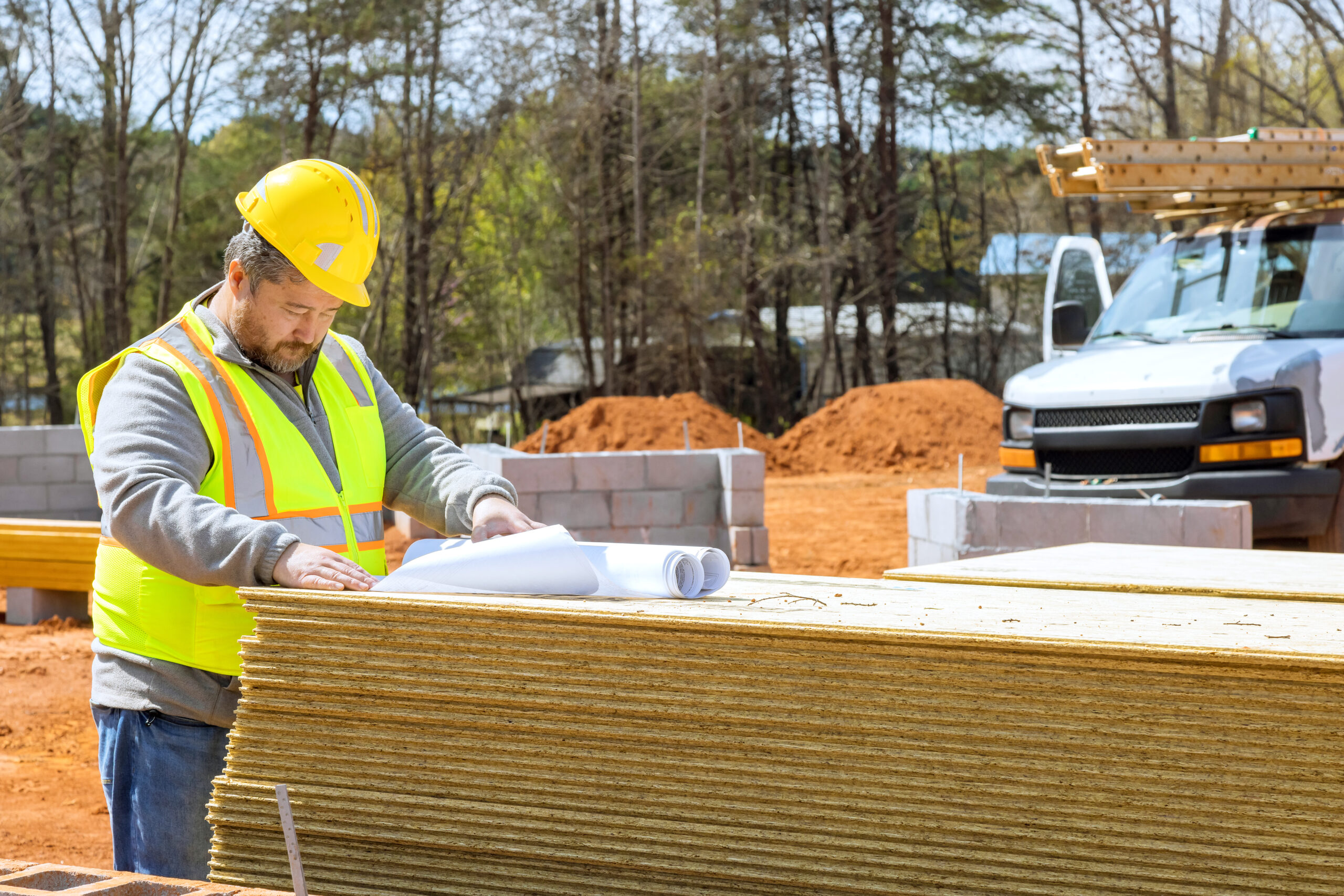
Table of Contents
- The Procurement Process In Construction: Step-By-Step
- Common Mistakes In Construction Material Procurement And How To Avoid Them
- How Effective Construction Material Procurement Ensures Early Delivery
- Best Practices For Construction Materials Procurement: What You Need to Know
- Let Us Handle Your Procurement Of Construction Materials For A Stress-Free Project
